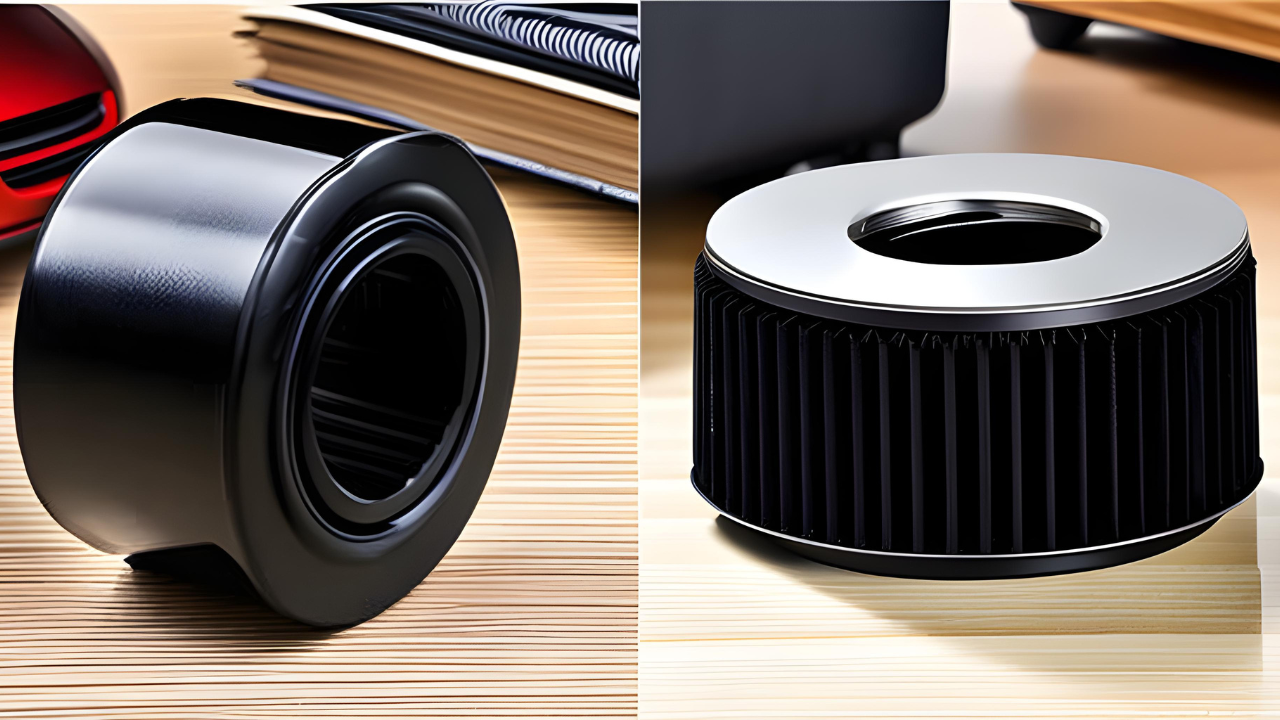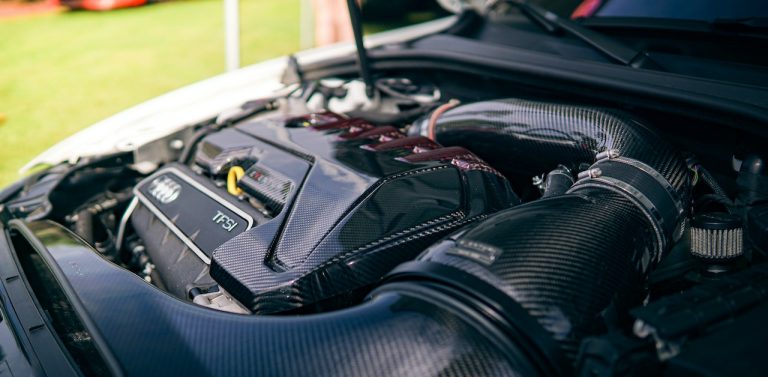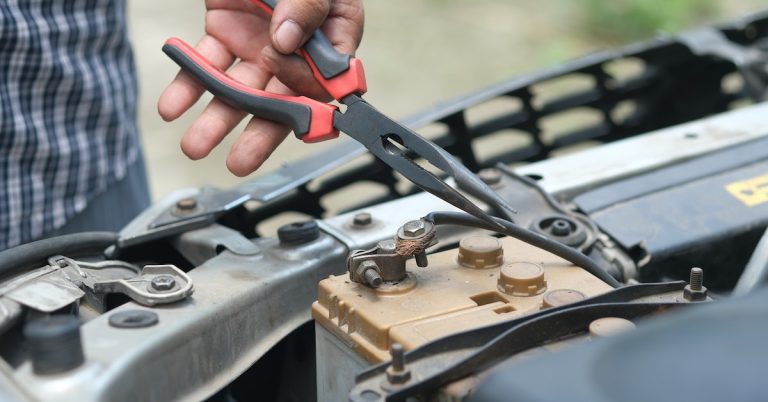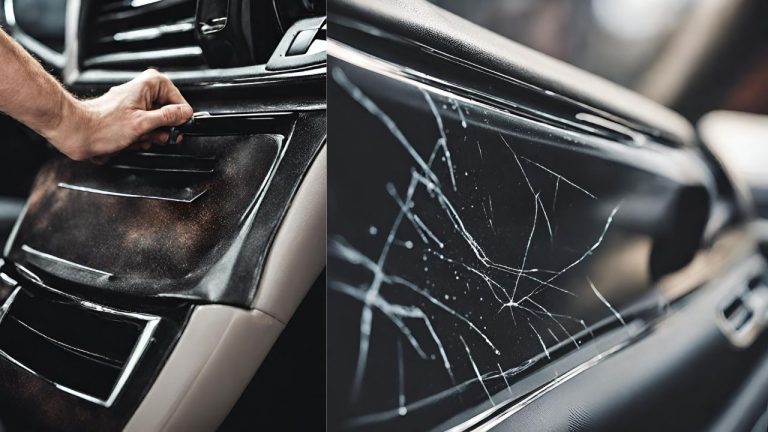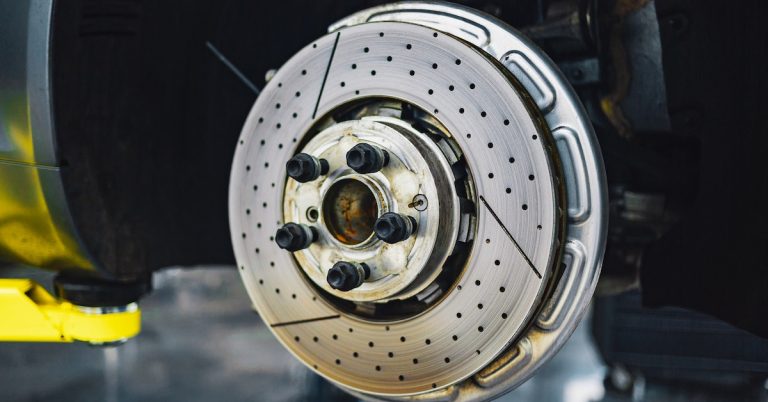The engine oil and oil filter need to be changed more frequently than anything else on the car. But the real question is how often to change oil filter. Okay, this will change depending on the age, use, and manufacturer’s specifications of the vehicle.
What Does an Oil Filter Do?
In order to remove dirt and particles, an oil filter filters the engine oil. Without a filter, dangerous pollutants could enter your motor oil, destroying the engine. If you filter away the garbage, your engine oil will last longer and stay cleaner. The cleaner oil will perform better in engines.
How Often to Change Oil Filter?
Typically, it is advised to replace the oil filter in a car every 10,000 kilometers for a patrol car or every 15,000 kilometers if it is diesel.
However, a lot of manufacturers advice replacing the oil filter every other time you get your oil changed. Therefore, you would change your filter every 8,000 miles if you were on a 4,000-mile cycle.
Let’s know about good practices of oil and oil filter changes
1. Replace the oil filter with every oil change
Although it’s not technically required, it’s good practice to change the oil filter every time you change the oil. Because the oil filter can both refill the oil and remove the larger contaminants from the engine’s oil, ensuring that all components operate without a hitch.
Let’s know why oil change is important for your vehicle?
2. Frequently Replace the Oil Filter If You Often Drive In Tough Conditions
If you frequently travel in challenging conditions, such as stop-and-go traffic, pulling heavy loads, excessively hot or cold weather, etc., you will likely need to change your oil filter more frequently. Driving under challenging circumstances uses greater engine capacity. Therefore, the engine needs regular maintenance. A significant component of maintenance is changing the oil and oil filter.
3. Replace the Oil Filter When the Service Engine Light Is On
While numerous factors might cause the Service Engine light to illuminate. When that indicator is on, the engine system isn’t functioning as well as it should, which can also mean that there is a lot more dirt and debris floating around. Your oil filter may clog quicker than usual as a result of this.
Symptoms that indicate the Oil Filter Needs to be replaced
1. Slowing down in acceleration
If your car is not accelerating as it usually does, that means an issue with your engine. It primarily results from dirt building up in your engine oil. This is a typical warning sign that the oil filter needs to be replaced.
2. Decreases Oil Pressure
The oil pressure gauge is steady if your engine oil and oil filter are working properly. If the oil pressure indicator suddenly and dramatically drops; then change the oil filter.
3. Engine Overheating
The engine’s lubrication is reduced when the oil filter becomes clogged and unclean, which raises friction during the engine’s mechanical motions. It makes the engine overheat. Therefore, if your engine is overheating, you should have your car inspected.
What Factors to consider to pick up an oil filter?
1. Size and efficiency of capture
At 40 microns, a typical economy-grade oil filter will have a 95% capture efficiency. This indicates that after a single pass, the oil filter will remove 95% of particles larger than 40 microns. With little to no performance for < 40 microns, the remaining 5% passes.
2. Dirt-Holding Capacity
How long an oil filter will endure before going into bypass is determined by its dirt-holding capacity. This is especially crucial if you intend to perform an extended oil drain without changing the midway filter or if you frequently travel through highly dusty areas.
We know diesel engine oil filters are typically bigger and have a higher holding capacity than gasoline engine oil filters.
3. Pressure-Flow Profile
As dirt builds up, your oil pressure gauge will show increased oil pressure until the bypass cracking pressure is broken. Oil flow can restart when typical oil filters with inbuilt bypass valves crack at a pressure differential of 10 to 12 psi.
Final Word
Hopefully, after reading this article you don’t have any further questions about how often to change oil filter. Engine performance, dependability, and fuel efficiency are all enhanced by using clean engine oil. All automobile filters, not just the oil filter, should be maintained according to good filtering methods.

